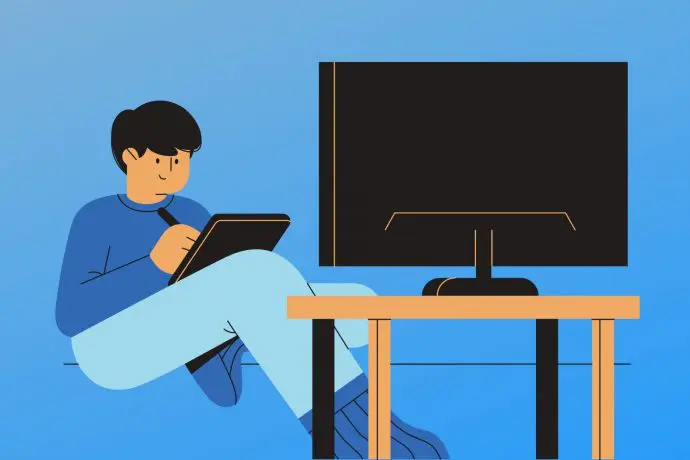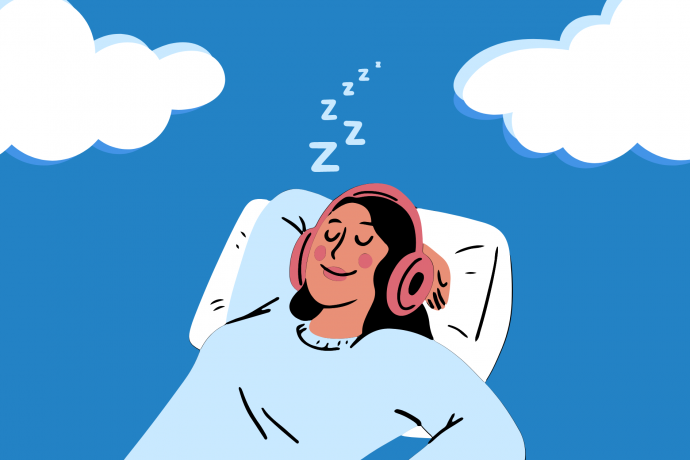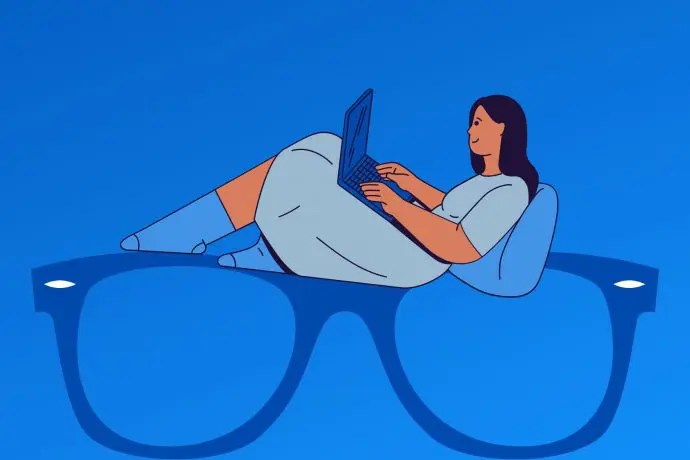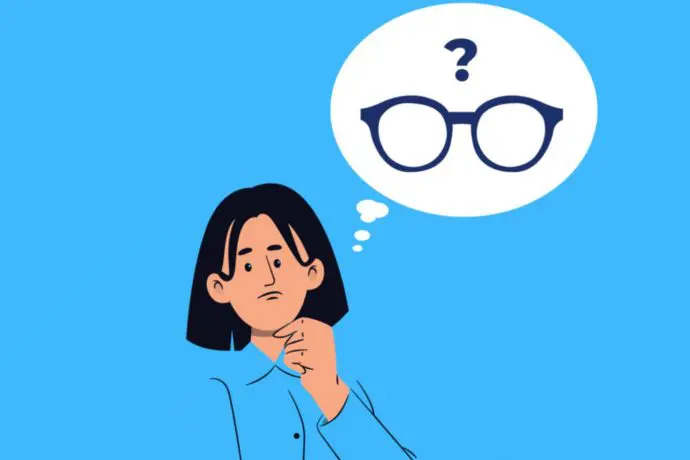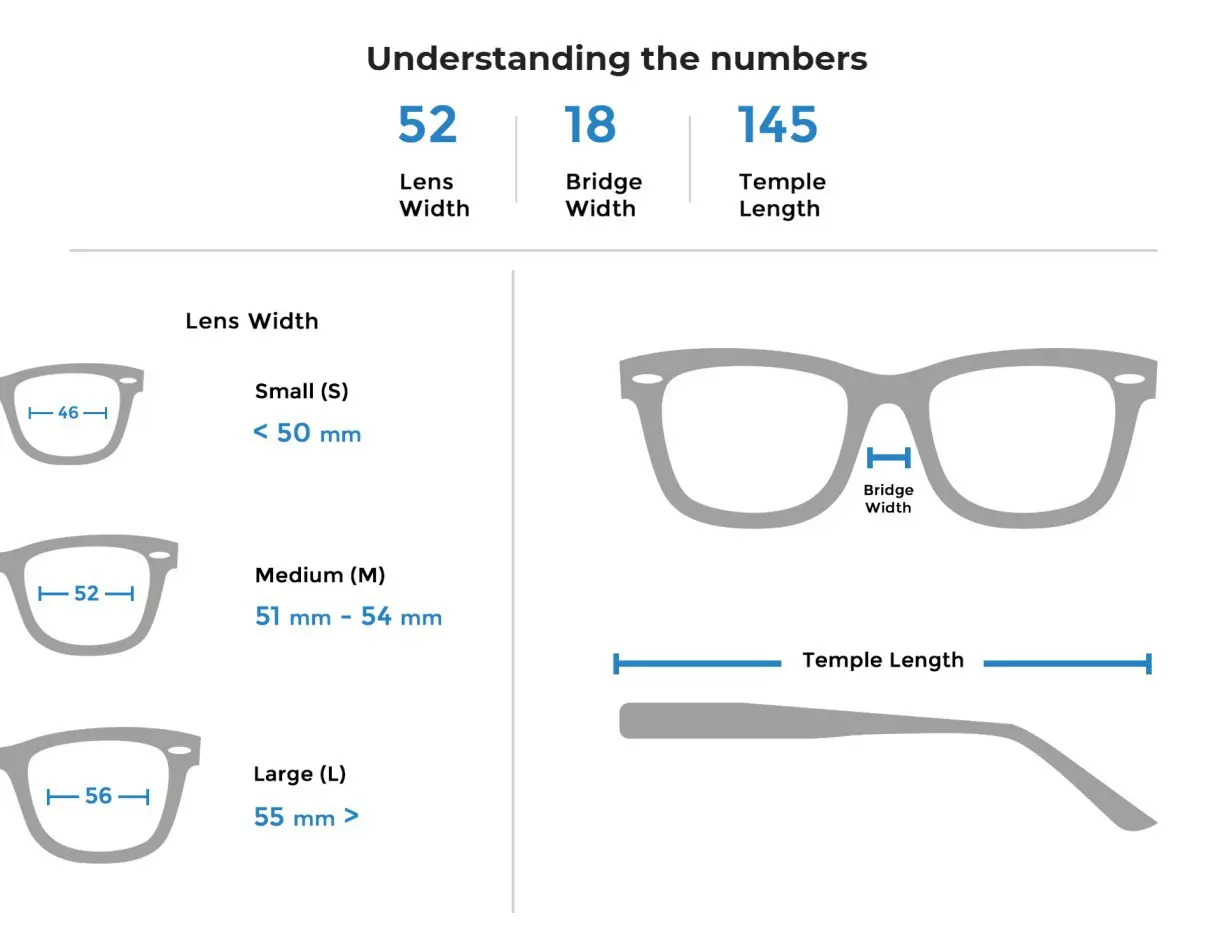All About Blue Light
If you’re reading this, you’ve probably got some burning questions about blue light.
You may be wondering:
What is blue light?
Why is everybody wearing blue light glasses?
Or maybe you’re skeptical about whether or not blue light glasses are actually worth your hard-earned cash.
In this post, we’ll be answering some of the most common questions and giving you the insight you should know when it comes to blue light, how it affects your health, and most importantly, your sleep.
Continue reading to find out all about blue light!
All About Blue Light
What is blue light?
Blue light is all around us. It is a color in the visible light spectrum that can be seen by human eyes.
Our bodies require a certain amount of blue light to help us maintain a healthy circadian rhythm (the body’s natural clock that tells you when to go to sleep, and when to wake up).
So, what’s the problem?
The problem with blue light
It is the overexposure to blue light that is causing concern among many experts and eye doctors alike.
In addition to natural light sources, blue light is also emitted from digital devices including your laptop, smartphone, tablet, and television. While using these devices regularly might seem completely harmless, continuous exposure to blue light over time can have a serious impact on your health.
What are the health implications of too much blue light?
The most common side effects of overexposure to blue light include blurry vision, dry or watery eyes, and daytime fatigue.
Other symptoms that you might not associate with blue light at first include insomnia, inability to concentrate, and even mental health issues.
The truth is, too much blue light can prevent you from falling asleep or staying asleep at night and can impact the quality of sleep you are getting.
Why does sleep matter so much?
Just like maintaining a balanced diet and staying physically active are important to your overall health, the amount and quality of sleep you get each night is essential to your well-being.
Sleep is a fundamental function that allows your body and mind to rest and recharge. Contrary to popular belief, our bodies aren’t actually resting while we sleep – they are working hard to remove toxins and transfer information into our long-term memories.
In addition to solidifying our memories, long periods of sleep allow our bodies to grow muscle and repair tissue.
If you do not give your body the chance to sleep properly on a regular basis, you run the risk of seriously impacting your quality of life.
Sleep deprivation not only leaves you feeling tired and groggy but can also cause issues like:
- Moodiness
- Weakened immune system
- Difficulty concentrating
- Impacted memory
- High blood pressure
- Weight gain
- Increased risk for diabetes
- Poor balance
To read more about how sleep deprivation could be affecting your body, check out this blog post.
How can you prevent sleep deprivation?
In addition to getting the recommended amount of sleep each night (between 7 and 9 hours for adults), there are several things you can do to help prevent sleep deprivation, such as:
- Creating a sleep schedule and sticking to it
- Exercising regularly
- Avoiding heavy meals at least two hours before bedtime
- Practicing relaxing activities like reading, journaling, or meditating before bed
- Avoiding blue light or wearing blue light glasses when using digital devices
All About Blue Light: Final Thoughts
Now you know all about blue light and how it can impact your sleep and overall health!
The easiest way to prevent sleep deprivation caused by blue light (and its side effects) is to wear blue light glasses. If you want to know more about how blue light glasses can help, visit this blog post or check out our collection of blue light glasses here.
Our team at bluwinx believes that you have the right to a good night’s sleep. That’s why we offer fashionable frames with bwgf Lens technology that provides unsurpassed protection against harmful blue-violet light.
If you are interested in learning more about blue light, visit our blog, and read more about blue light and sleep-related topics.
If you have any additional questions, don’t hesitate to reach out – email us at help@bluwinx.com!


